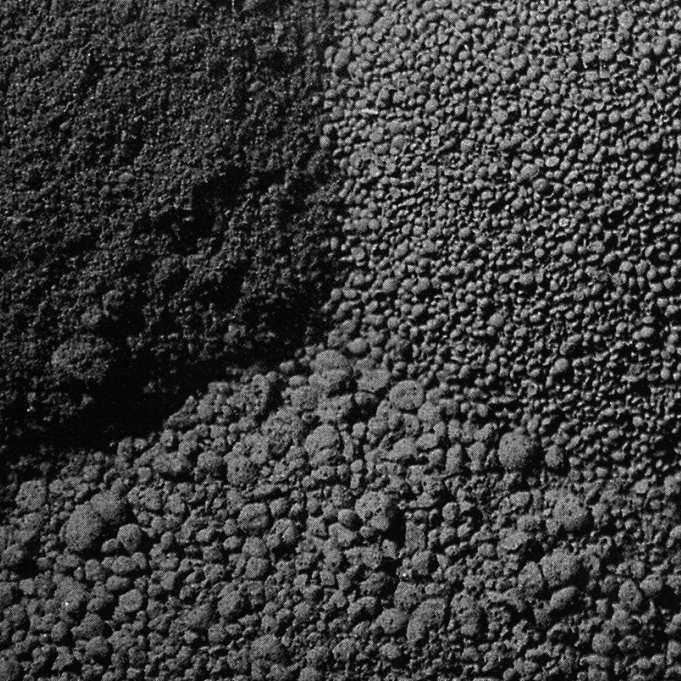MIT researchers: Cement + carbon black = energy storage
Sources: Massachusetts Institute of Technology, Cambridge; CP staff
A Massachusetts Institute of Technology investigation has revealed the potential of portland cement, water and carbon black, a common industrial mineral resembling ultrafine charcoal, to create a supercapacitor material suited to low-cost storage of energy derived from solar, wind and tidal power sources. Joined by Harvard University peers, MIT researchers see the possibility of their material eventually incorporated into residential concrete foundations, where up to a full day’s worth of power could be stored, or in concrete pavement for contactless electric vehicle battery recharging.
They describe their work in “Carbon-cement supercapacitors as scalable bulk energy storage solution,” published in the Proceedings of the National Academy of Sciences. Key to their concept is a composite with extremely high internal surface area attributable to a dense, interconnected network of conductive material. In the presence of portland cement and carbon black, water forms a branching network of openings; extraordinary surface area emerges as larger branches perpetually sprouting smaller ones. Introduction of a standard electrolyte material such as potassium chloride provides charged particles that accumulate on the carbon structures.

Orion Engineered Carbons’ various carbon black gradations.
“Hydration reactions of cement in the presence of carbon generate a fractal-like electron-conducting carbon network that permeates the load-bearing cement-based matrix. The energy storage capacity of this space-filling carbon black network of the high specific surface area accessible to charge storage is shown to be an intensive quantity,” the MIT and Harvard team observes. “The availability, versatility, and scalability of these carbon-cement supercapacitors opens a horizon for the design of multifunctional structures that leverage high energy storage capacity, high-rate charge/discharge capabilities, and structural strength for residential and industrial applications.”
The investigation behind “Carbon-cement supercapacitors” drew support from the MIT-hosted Concrete Sustainability Hub, a partnership of the Portland Cement Association and the National Ready Mixed Concrete Association-aligned Concrete Advancement Foundation.